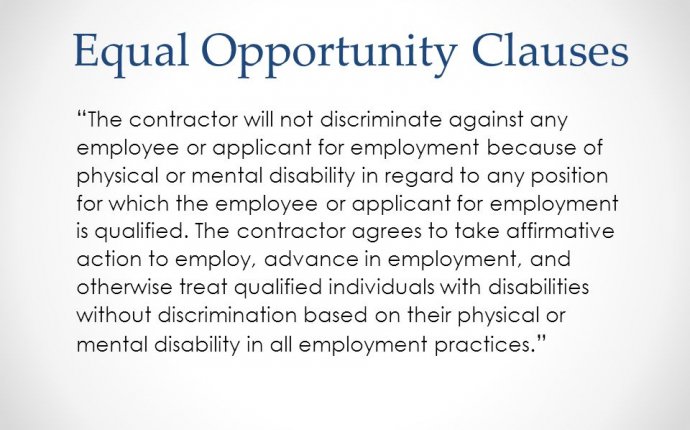
qualifications for mental disability
Applying for Social Security Disability benefits presents a daunting challenge at times. Not only must you prove that your disability precludes you from performing significant gainful work, and that your disability can reasonably be expected to last at least a year (or to end in your death). In most cases, you must make your case several times as your claim works its way through the appeals process.
If you’re applying for Social Security Disability benefits because of a mental illness, the challenges are often even greater than those faced by claimants with physical disabilities. In many cases, a physical disability can be clearly diagnosed based on solid, objective evidence which is difficult to question. This is rarely the case with mental illnesses, which tend to have more subjective diagnoses.
The actual process of applying for Social Security Disability doesn’t vary significantly based on whether you are making a claim based on a physical or a mental disorder. You start by contacting the Social Security Administration and informing them of your intent to file a claim. An interview is set up, after which an examiner will look over the information you have provided and render a decision regarding your Social Security Disability claim. More than 2/3 of the time, initial claims are denied, leaving you with the option of dropping your case or appealing the decision.
Should you choose to go through the appeals process (and most people should), you would be well advised to seek a qualified Social Security Disability lawyer who can help you work through the complexities of the Social Security system. Claimants who are represented by a Social Security Disability lawyer are considerably more likely to have their claims approved. The difference is even more significant when dealing with cases of mental illness.
Be prepared to have your initial claim denied. In most cases, claims are denied at least twice before being approved at the hearing level by an Administrative Law Judge (ALJ). At your hearing (which you should attend with a legal representative), you will be able to make your case directly to the ALJ, who may also interview your doctors and psychiatrists before rendering his decision on your Social Security Disability case.
One of the reasons a Social Security Disability attorney can be helpful when making a claim based on mental illness is that they are thoroughly familiar with the criteria SSA adjudicators are looking for. By communicating with your doctor, psychologist, and the other professionals who work with you, your Social Security Disability lawyer can help ensure that the SSA’s forms are filled out in such a way that is more likely to result in an accepted claim.
The exact requirements regarding which mental illnesses qualify for Social Security Disability are not always clear. While some mental illnesses such as schizophrenia are very likely to result in accepted claims, other mental illnesses; such as bipolar disorder and depression; often require a significant amount of evidence demonstrating that your condition has not improved enough to allow you to find gainful employment, even after receiving care.
It is very important that you follow the advice of your medical doctors, psychologists, and other professionals who are treating you for your mental illness while you are applying for Social Security Disability benefits. Refusing to comply with appointments, medical treatments, or other prescribed activity or treatments can disqualify you for Social Security Disability benefits. Even if you are not disqualified for refusing to follow your doctors’ orders, you are likely to delay the approval of your claim.









